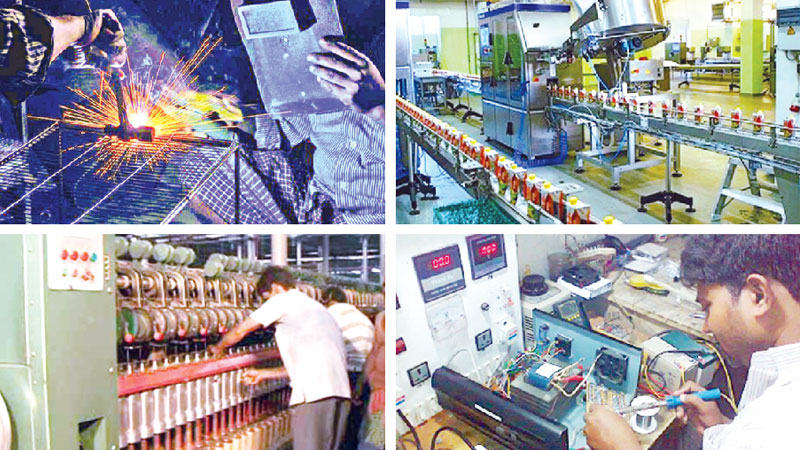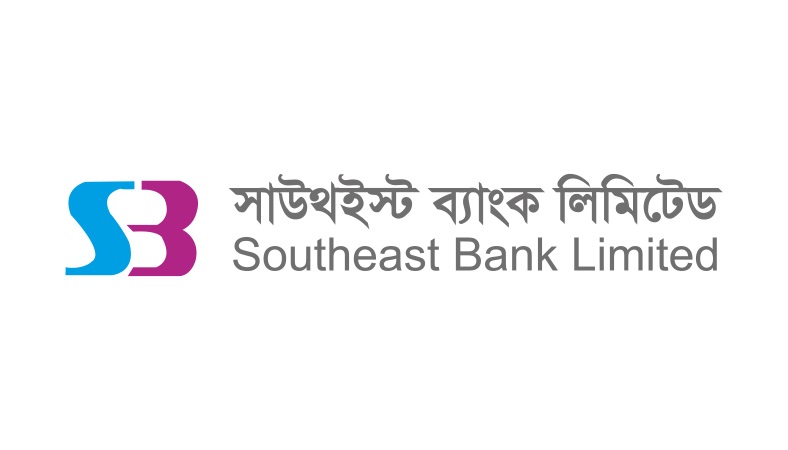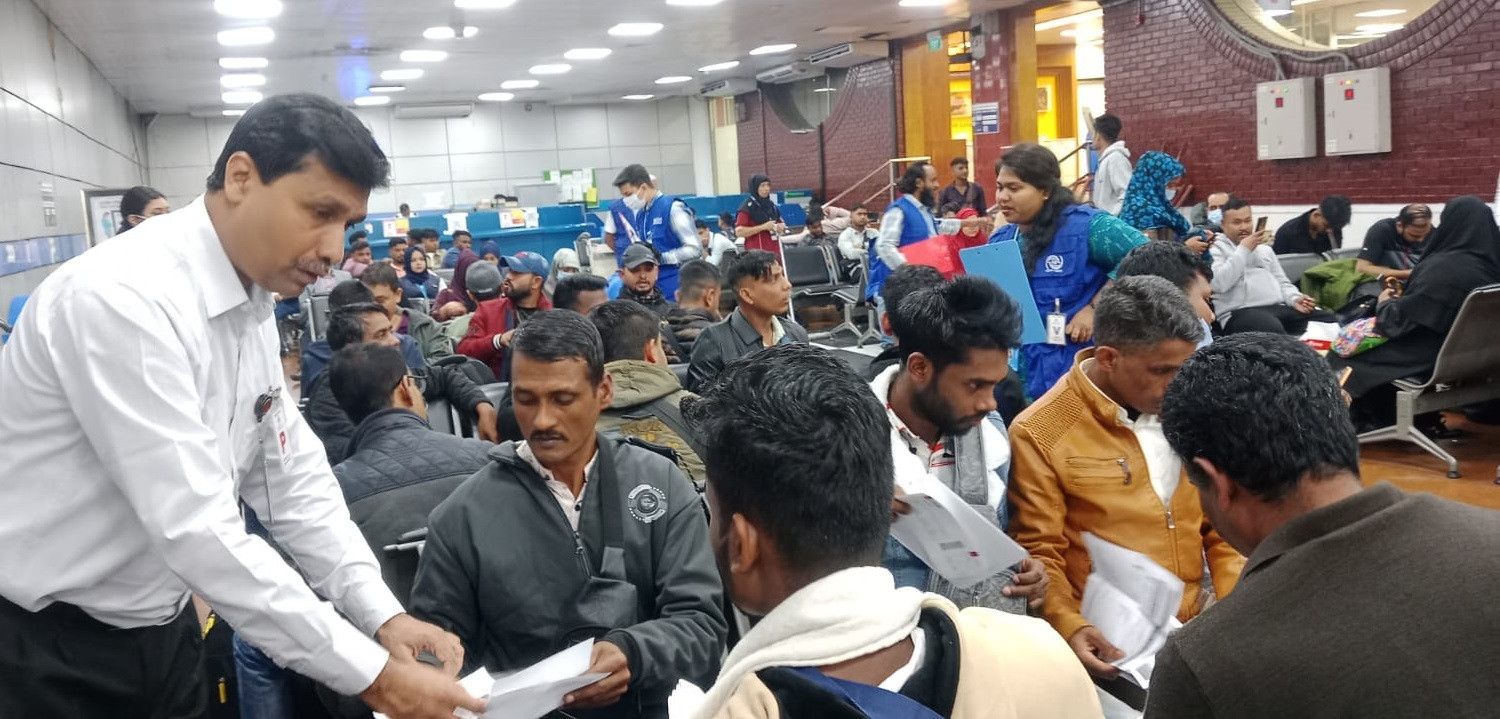Light engineering is set to become a major driver of the country’s economy in line with Prime Minister Sheikh Hasina’s declaration of ‘Light Engineering’ as the product of the year 2020.
Bangladesh is now a major player indeed in the global apparels industry. But the Light Engineering is now being seen as an emerging new promising sector which can further enhance the country’s export diversity, experts opine.
The experts urged the authorities concerned for appropriate measures to strengthen the Light Engineering sector and help explore its export potential.
The burgeoning domestic market and the prospects of significant cost reductions for companies sourcing components and finished goods for international markets make Bangladesh a compelling choice for investors, they added.
It is high time to focus on new and potential export items, like the Light Engineering products, in order to get rid of the overdependence on readymade garments, they said.
As part of boosting the sector, the Bangladesh Bank has allowed the Light Engineering product exporters to get advance subsidy against export earnings.
The exporters will enjoy the facility for products exported through Telegraphic Transfer (TT).
The new facility will be available with effect from March 10, according to a central bank circular issued on Tuesday.
Earlier, the Light Engineering product exporters would get subsidies on exports through the letter of credit or contracts against the repatriation of export earnings.
However, while granting subsidy against the advance repatriation of export earnings now, the authorised dealer of the banks will have to be sure about the accuracy, pricing and other relevant information of the export.
Earlier, Prime Minister Sheikh Hasina announced the Light Engineering as the Product of the Year for 2020.
As a part of export policy, we are declaring Light Engineering as the product of 2020 aimed at encouraging the product based export while we are calling for more investment, she said.
The Prime Minister said this while opening the month-long DITF-2020.
She simultaneously stressed the need for taking appropriate measures to strengthen the Light Engineering sector and help explore its export potential.
The Prime Minister said the Light Engineering Products (LEPs) such as bicycle, motorcycle, automobile, auto-parts, electric and electronics, accumulator battery, solar photovoltaic module and toys have a huge potential of attracting more investment.
She said importance was earlier given to leather and leather goods, jute and jute goods and other products, adding, “But, this year we are giving importance to light engineering as it has also huge potential of attracting investment.”
Economists said the Light Engineering market is about $7 trillion across the World.
This indicates that there is a good opportunity to export LEPs, they said adding that, the sector has the potential to be a foreign exchange earner alongside Bangladesh’s Readymade Garment (RMG) sector.
Currently, the LEPs contribute 2.2 per cent to the GDP – more than foreign aid contributes to GDP yearly, they said.
However, the government has set the export target of LEPs at $369 million for the current fiscal 2019-20.
The export earnings from the sector was $292.92 million in the last fiscal, declining by 14.18 per cent over that in the previous fiscal.
In the fiscal year 2018-19, this figure was $341.3 million.
Abdus Salam Murshedy, President of Exporters Association of Bangladesh (EAB), told Bangladesh Post that the sector has a bright future in Bangladesh as it contributes to the industrial sector.
“The sector needs sophisticated technology for rapid growth and there is no scope to ignore it, as it contributes about 2 per cent to the GDP,”
He mentioned that the country’s 84 per cent export earnings are dependent on RMG.
Therefore, it is very much necessary to expand the export market with more diversified products, in a bid to minimize the risk of overdependence on RMG, he added.
He noted that the country is now capable of making the best quality products at low prices, which will help enhance export earnings even more from developed countries, thus contributing to the country’s economic uplift.
“We need to train the mechanics in improving their skills, which also will help boost export earnings in this sector by creating quality products, he added.”













